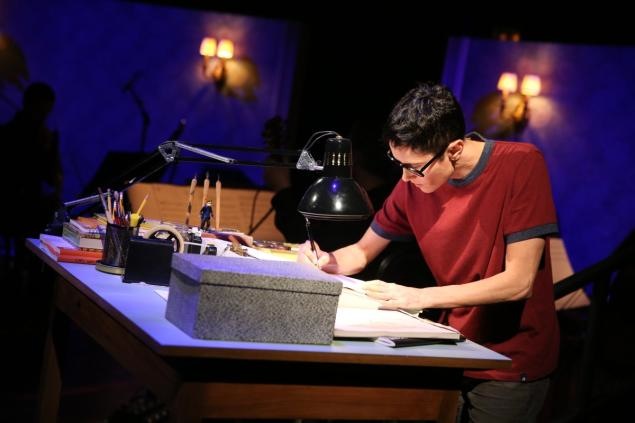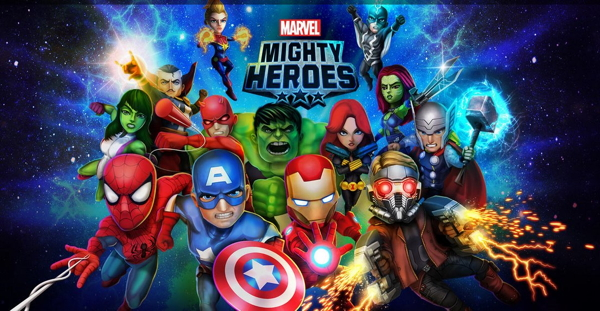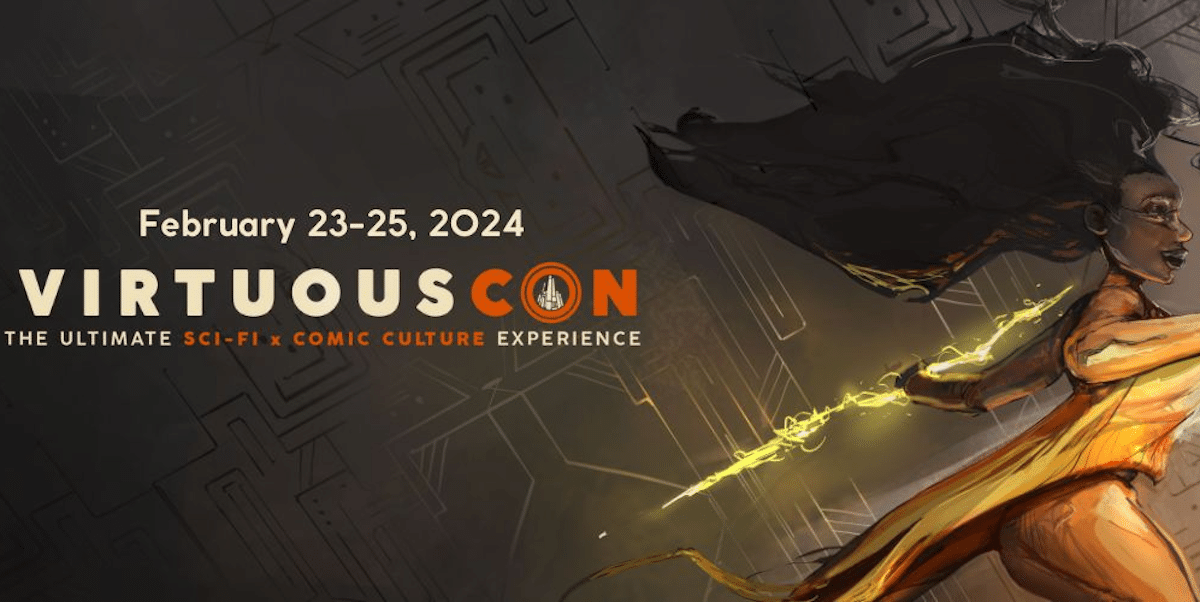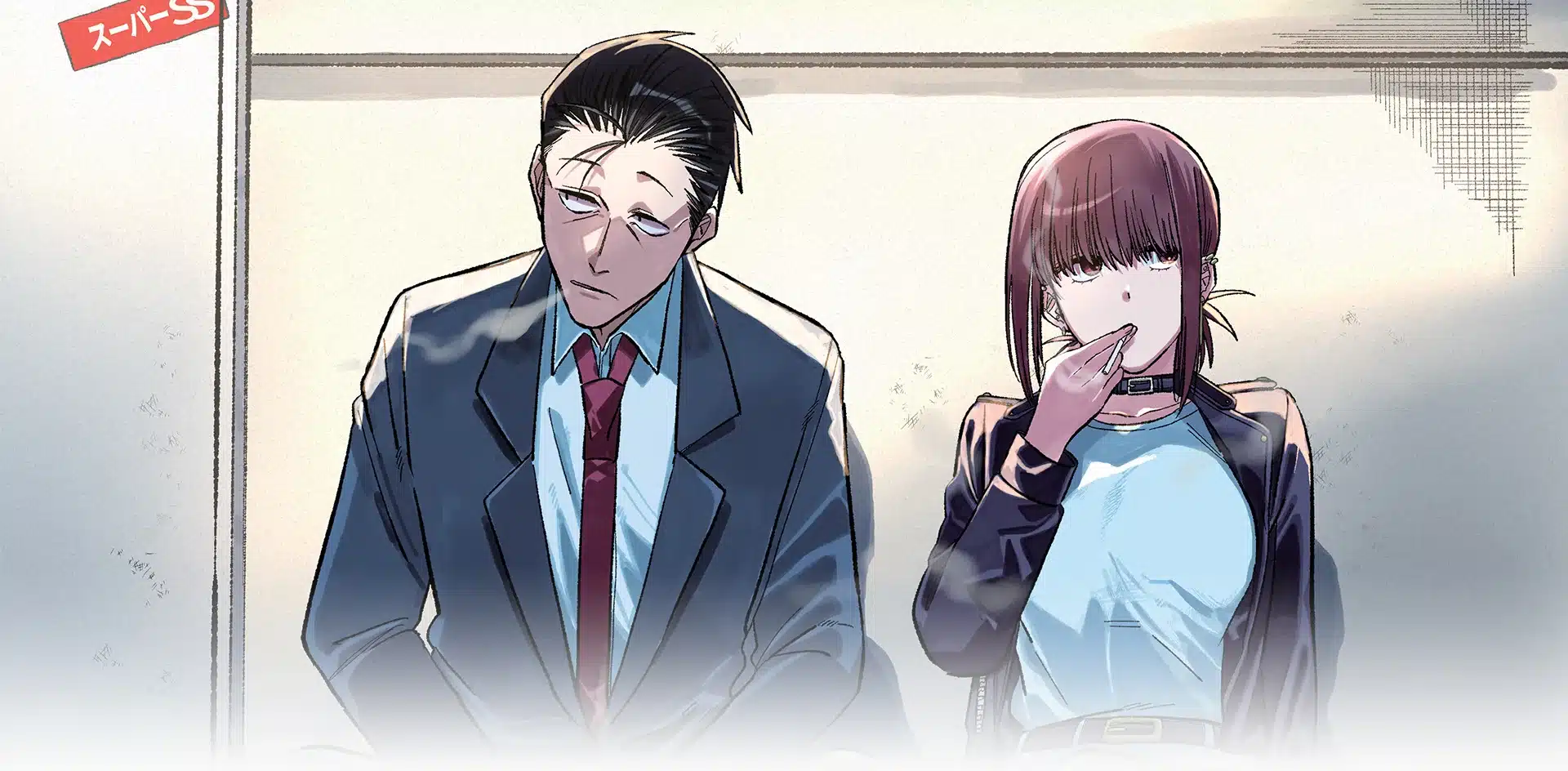§ It seems that as soon as the move of WonderCon from Anaheim to Los Angeles was made public, the LA convention center peeps issued a press release. I didn’t get it, but Tom has the whole thing, and what’s notable to me is that LA mayor Eric Garcetti is at the head of the welcome wagon, standing right there holding a tasty casserole:
“Los Angeles is honored to have been selected as the destination for WonderCon 2016. We look forward to establishing a long-term partnership with Comic-Con International, the presenter, and helping them establish a home-base in L.A. We anticipate the show to be highly attended and to set the precedent for future successful Comic-Con events in L.A.,” remarked Mayor Eric Garcetti.
It’s not too surprising that the mayor of Tinsel Town is totally up on the whole Comic-Con thing, but it is a change from the days when comics artists arrived quietly in the night, hoping not to be beaten back with sticks, and left just as silently. I don’t know what Garcetti means by that “the presenter” language though. It sounds like some character that Mark Hamill would do the voice for.
And obviously, Garcetti is in on the whole “Let’s move Comic-Con International to Los Angeles!” scheme. My fellow long time con-watcher Lori Weisberg writes about the move for the SD Union Trib, and wonders if this is indeed a warm-up for SDCC moving to LA, esp. since the con’s contract with San Diego is up next year. SD’s Mayor Kevin Faulconer is mentioned, but he didn’t bring a casserole.
I generally subscribe to the Evanier Doctrine , which holds that if you move the San Diego Comic-Con out of San Diego, it won’t be the San Diego Comic-Con any more, and there are good reasons for it not to move. That said, CCI’s David Glanzer talks a lot in Weisberg’s piece about the importance hotel room availability (holla!), and moving WonderCon around shows that the CCI folks are not afraid to decamp to a new locale should need arise. I haven’t been to WonderCon in a few years, but I’m carving out some time in 2016 for the LA version! I have to know!
§ Fun Home is opening on Broadway later this month (and The Beat has tickets!) and as opposed to the conventional staging of the first version, this will be theater in the round. And here’s a look at how the designers dealt with the challenges of that. (That’s Beth Malone as adult Alison, above.)
That’s the only choice, really. The show by Jeanine Tesori and Lisa Kron based on artist and cartoonist Alison Bechdel’s graphic memoir is performed in the round. Having the audience viewing from all sides is a big change from the 2013 proscenium staging at the Public Theater. “It’s like going from Google Street View to Google Maps,” says scenic designer David Zinn, who has filled the set with objects that speak to the real Alison and to authenticity’s sake. In the show, she’s played as a young girl, a college coed and an adult by three actresses. Here are secrets from the set of “Fun Home.”
§ Writing for Business Insider, Gus Lubin lays out all the ways that Marvel has deemphazied the X-Men , the franchise whose film rights are owned by rival studio Fox. The piece includes charts of best selling titles from 1991 on that show how the mighty X-men have fallen from the 6 million copies of X-men #1 to….now
Now the more you look, the more you’ll see just how much Disney is burying the mutants, even while continuing to publish several X-titles to keep fans from freaking out. For instance, go to marvel.com and you’ll find very few prominent articles about the X-Men. The top stories on the site right now feature Daredevil, the Avengers, Hawkeye, Quicksilver, Scarlet Witch, Spider-Man, Spider-Gwen, and the Agents of SHIELD. Marvel owns the exclusive film rights to most of those characters, along with rights to its own versions of Quicksilver and Scarlet Witch and a profit-sharing deal for Spider-Man with film rights holder Sony. Marvel’s shop page includes only three X-Men items in a list of 60 featured product popular picks. Marvel’s subscriptions page currently features more than 50 titles, and only four of them star characters from the X-Men. Marvel’s movies page prominently features the Disney movies, and only by clicking the “All” tab and scrolling to the bottom can you find Fox’s movies. Games like Marvel’s “Mighty Heroes” apparently don’t have any X-Men.
It’s true that if Marvel/Disney is the Lannisters, then Sony is the Baratheons—they can do business together when need arises. But Fox is more like House Tyrell—a cunning and strong rival. It’s a shame that the great mutant characters that cut a broad swath through three decades of Marvel comics history are now feared and hated by the world they have sworn to protect, but this is Hollywood we’re talking about, and no prisoners are taken.
§ Speaking of Marvel, here’s an insidery look at the making of the Netflix Daredevil series which goes live on Friday, and gets binged watched imediately there after.
Ted Sarandos, Netflix’s chief content officer, said of striking the deal with Marvel, “We were taking what I thought was a pretty measured bet on someone with a great track record of serving a very discriminating fan base.” Mr. Sarandos said that he was drawn to the characters Marvel was offering because “these were all nonconventional heroes — really grounded, not capes and codpieces.”
No codpieces! Big relief.
§ The Comics Journal has really been on a roll lately with some really great content that I forgot to call out so here’s a little of it:
Zack Soto, Mike Dawson and Isaac Cates talk about Kingdom Come.
This book was a tricky one, because it’s very hard for me to reconcile how I feel about it. Which is apt, given that so much of that probably has to do with nostalgia, and Kingdom Come is nothing if not a several-hundred-page long, lushly watercolored wallow in the nostalgia pond. Zack and I spend a good amount of time talking about Alex Ross, and how unlike many Image cartoonists from those days (most notably Rob Liefeld), Ross doesn’t seem to have enjoyed a redemptive reevaluation amongst what you’d call the current “art-comics” crowd.
§ Brian Nicholson chats up experimental cartoonist Connor Willumsen:
First of all, you said I don’t have problems with mainstream comics. I do have a lot of problems with them. I think they don’t necessarily have to exist, is my thing. There’s a lot I can say about them, and in regards to my relationship with superhero comics, which I think is what you’re asking about, yeah, I grew up reading those, that’s my introduction to drawing and comic books, and yeah it’s a funny relationship, and it’s so pervasive, the idea of these images, and the way they’re proliferated in these large spectacular but hollow movies that are coming out, and it’s just kind of incessant. and I grew up interested in them and excited by them. It was something to focus on, and the more and more I grew up, the more I thought of the relationship between these superheroes and exploitative commercial practice, the more I felt betrayed by the culture in general. But the isolated focus of the idea of a superhero as an image is a relevant part of our culture and worth focusing on at times. And yeah a lot of times I question what it was I was I learning from reading all these superhero comics and how it was specifically influencing me in my personality, for better or for worse, so those are the terms I’m thinking of it now, questioning of the extent of cultural betrayal I feel at these kinds of things.
§ And Gary Groth interviewed the late Irwin Hasen several years before he died:
GROTH: Tell me.
HASEN: He became my idol after Roy Crane and for some reason or another I was a pissy kid. I went on the subway down to the World-Telegram and I went around with samples of my work—you’ll get a kick out of this—and I said to the secretary at the office, “Can I see Mr. Mullin?” Nobody was allowed to go into the main room where Mullin was. But she got a phone call from somebody, and I lurched in. I ran into the city room and I looked for Mr. Mullin. And I sat down with him and he liked what he saw and he started to play chess with Will B. Johnstone, another cartoonist, and while he was playing chess he said, “Fill in the blacks [on this drawing], Irwin.” To make a long story short, we became friends at the Cartoonists Society. One night Willard Mullin got bombed. You know what bombed means?
I know Gary Groth is one of the best interviewers out there, and not too sound too ageist but…damn aren’t those old cartoonists just really FUN to read about? I guess it’s the patina of time that make who was zooming who at the Iger studio more interesting to talk about now. Or else they were just better raconteurs.








